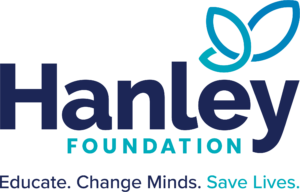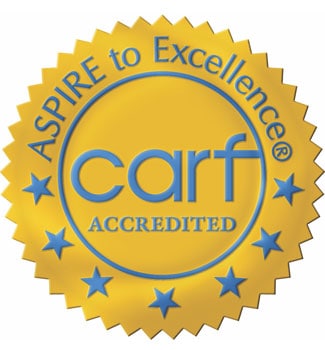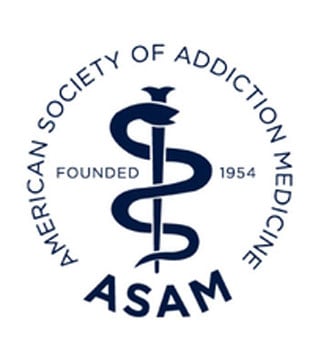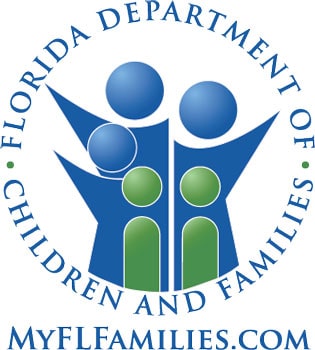Mood Disorder Treatment in Florida

In a culture that looks at enduring struggles as a noble act, the message many people suffering silently from mood disorders receive is to stay strong and deal with it.
Buying into this type of thinking contributes to a sense of isolation and powerlessness.
With several mood disorders common across numerous ages and genders, getting acquainted with the most frequently occurring ones can give you a clearer sense of perspective.
Keep reading to learn about common mood disorders and how Hanley Center’s mood disorder treatment centers in Florida can help you cope with their symptoms and learn healthy replacement behaviors.
Types of Mood Disorders
According to the National Institutes of Health (NIH), nearly one in five Americans is living with a form of mood disorder.
When left untreated, mood disorders can impact physical health and contribute to substance use disorders.
Treatment is available and highly recommended for those with a history of substance misuse, self-harm, suicidal thoughts, legal issues, or violent acts towards others.
Major Depression
Depression is often misunderstood and has become a misused term for feeling sad.
Depression is much more complex and comes in multiple forms, including major depressive disorder, which is often accompanied by a decreased interest in activities for two or more weeks, a sense of worthlessness, and, in severe cases, self-harm and suicidal thoughts.
Other common symptoms include:
- Persistent sadness.
- Low self-esteem.
- Hopelessness.
- Fatigue.
- Irritability.
For most people, their first major depressive episode occurs in their mid-20s. Unfortunately, the earlier the onset of a major depressive episode, the more persistent and severe MDD can be into adulthood without proper treatment and support.
Hanley Center is ready to help you or your loved one find healing, wellness, and happiness with comprehensive major depressive disorders treatment.
Bipolar Disorder
Previously known as manic depression, bipolar disorder features alternating periods of depression and highly elevated mood or mania. Both of which come with challenges. Mania can impair your sense of reality and consequences, while depressed mood periods involve periods of decreased interest in normally enjoyable activities.
There are three categories of bipolar disorder, they include:
- Bipolar I
The most intense type of bipolar disorder involves manic-depressive symptoms and potentially psychotic episodes. - Bipolar II
Involves alternating depressive and manic episodes. - Cyclothymic Disorder
Involves brief episodes of depression and hypomania. Common symptoms include excessive talking, racing thoughts, and excessive tearfulness.
At Hanley Center, we help manage your physical, mental, psychological, and spiritual needs using specialized and integrated bipolar disorder treatment models at our leading mood disorder treatment centers in Florida. We also specialize in substance induced bipolar disorder treatment for individuals struggling with co-occurring mental health and substance misuse problems.
Dysthymia
Individuals with dysthymia experience low-grade symptoms of depression that last for at least one year. Dysthymia is a persistent, milder form of MDD.
Hanley Center provides evidence-based dysthymia treatment for adults of all ages.
Paranoia
Paranoia isn’t a specific mood disorder diagnosis but can occur as part of specific mood disorders, including one where substance misuse is happening. Certain drugs, such as cocaine and methamphetamine, can create a sense of paranoia.
Recognizing the symptoms of paranoia can be a clue to your mental health status. Symptoms may include:
- Defensiveness.
- Hostility.
- Aggression.
- Believing you’re always right.
- Inability to compromise.
- Inability to trust others.
If you or a loved one needs mood disorder treatment, call Hanley Center for skilled, compassionate care.
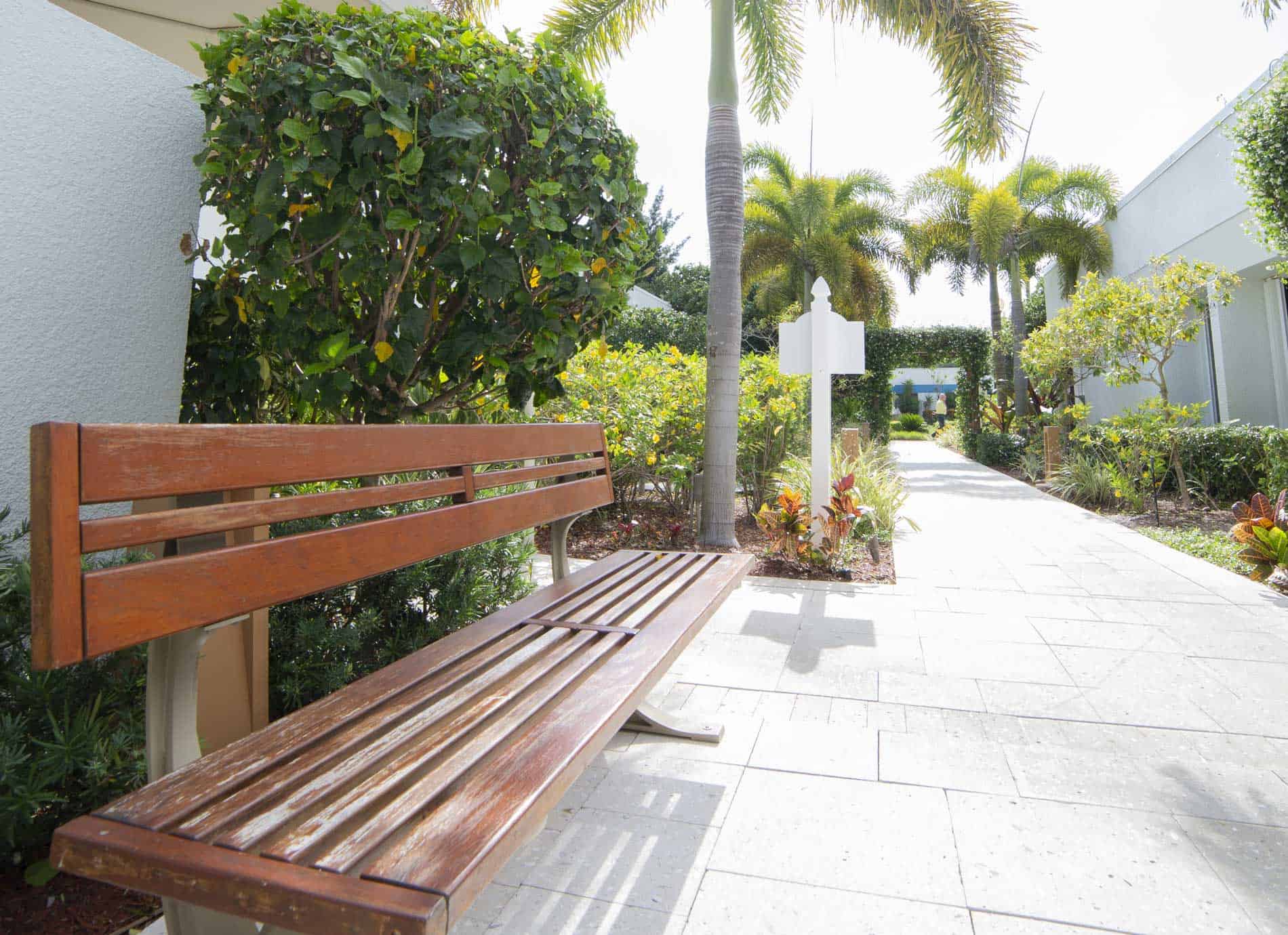
Substance-Induced Mood Disorder
Symptoms of depression can be triggered during substance use or when attempting to withdraw from addictive drugs. Symptoms of these substance-induced mood disorders can be especially severe when stopping the misuse of heroin and methamphetamines.
Treatment of Mood Disorders
Treatment for each mood disorder varies from person to person, but there are some shared elements of any treatment: proper diagnosis and individual therapy.
Individual therapy facilitates patient education about how their mood disorder affects them.
Treatment is designed to help a person learn to live with mood disorder symptoms rather than attempting to “cure” them. Patients in our mood disorder treatment facility can learn strategies for coping with symptoms and practice replacement behaviors that are positive and productive. A residential program, with individual therapy and group sessions, can also provide multiple evidence-based therapies to help in the healing process. They include cognitive behavioral therapy (CBT), motivational interviewing, and trauma therapies, including Eye Movement Desensitization and Reprocessing (EMDR).
Hanley Center is a well-known care provider with a 40-year legacy of offering a range of treatment programs, including quality dual-diagnosis care that targets recovery from substance use, mood disorders, and beyond. Our mood disorder treatment facilities provide essential techniques, clinical perspectives, and therapeutic modalities, including:
- Medication management
- Cognitive Behavioral Therapy (CBT)
- Dialectical Behavioral Therapy (DBT)
- Psychiatric interventions
- Coping skills education
- Neurotherapy
- Biofeedback
- Mindfulness and meditation training
- Group therapies
- Continuing care planning
- Medical detox
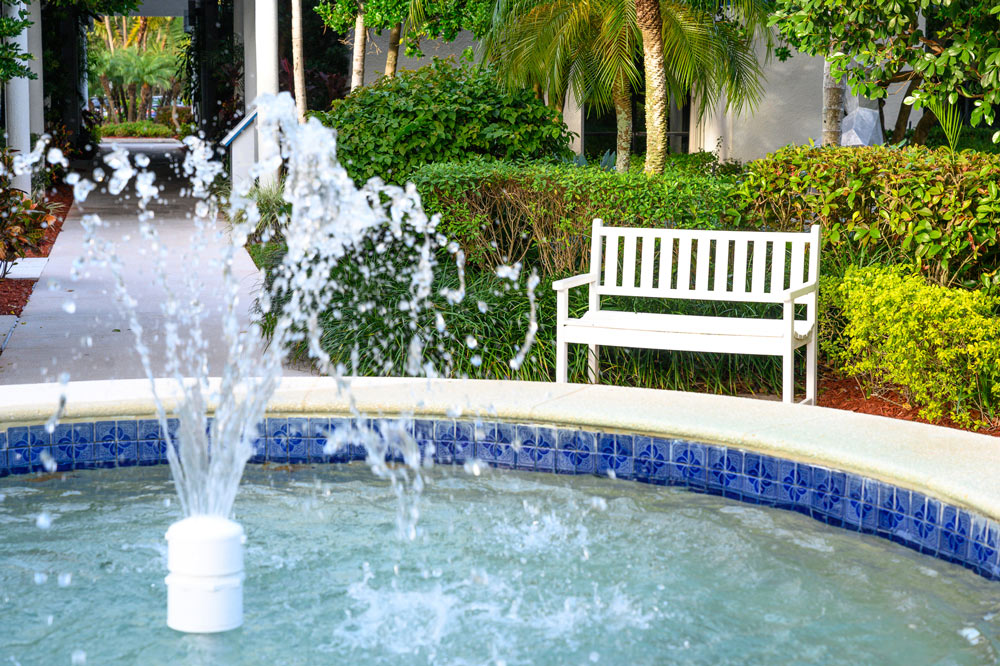
Heal at Hanley Center
Our primary mission is to provide a clear path to a life of healing and restoration.
We offer renowned clinical care for mental illnesses and have the compassion and professional expertise to guide you toward lasting wellness.
Learn more about the frequent connection between co-occurring mood disorders and addiction. Reach out to our mood disorder treatment centers in Florida and get started on the road to recovery today.
Call the caring staff at Hanley Center today at 561.841.1033. Recovery is possible.
Hanley Center: Most Insurance Accepted
Address: 933 45th Street
West Palm Beach, FL 33407
